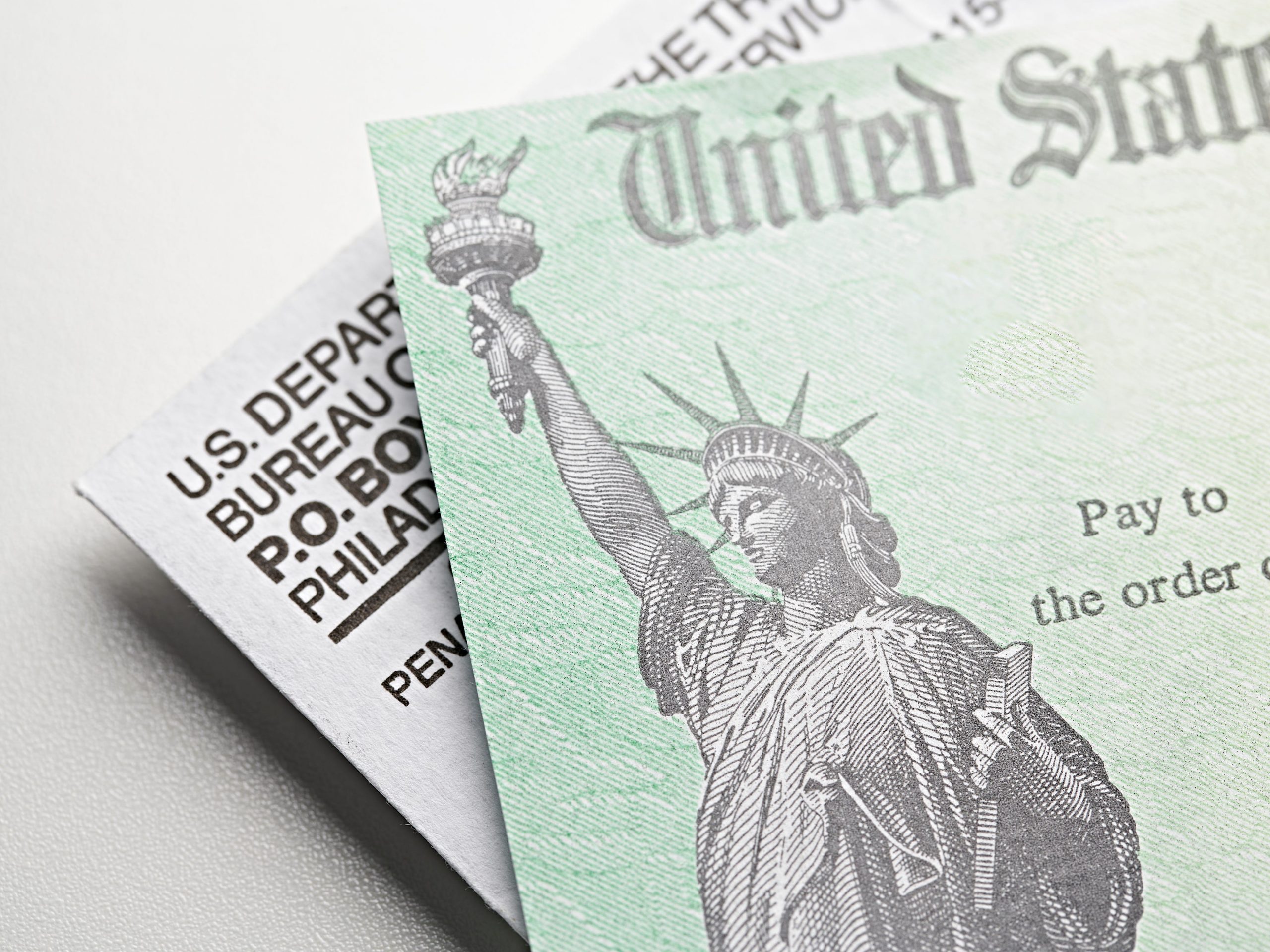
- A LendingTree report found 50% of Americans are using the latest stimulus check to pay down debt.
- And 56% are putting some of the stimulus money toward student loans and credit-card debt.
- Democrats are pushing to make direct government aid permanent to close poverty imbalances.
- See more stories on Insider's business page.
After the first $1,200 stimulus check arrived in Americans' pockets, the US Census Bureau found the majority of recipients were using the money on basic expenses, like food and households supplies.
But priorities have changed for the most recent $1,400 stimulus check to paying off debt.
LendingTree, an online lending marketplace, released a report last week, citing Census Bureau data. It found that in March, only 19% of Americans said they were using the latest stimulus check for basic expenses, and 50% were using the check to pay down debt. In June 2020, just 16% of Americans planned on using the first check to pay off debt, so that's a 34 percentage-point increase since last summer.
"That's a huge difference, but it's a good thing," Matt Schulz, chief credit analyst at LendingTree, said in the report. "Nine months ago, most Americans were terrified and had no idea what the future held, so they focused on basic expenses and building up savings. Fast-forward nine months, and things have changed a lot. Repeated stimulus and reduced spending means people have more cash in their pockets, and that – combined with the hope spurred by widespread vaccinations – has given them the luxury of paying down debts instead of solely squirreling away cash."
According to the report, 56% of respondents who said they would use the stimulus check to pay down debt also said they'd put some of the money toward non-housing debt, like credit cards and student loans, and 47% said they'd use the money to pay utility bills, while 27% said it would go toward rent.
Here are other main findings of the report:
- 26% of respondents with incomes less than $25,000 saved the money, while 58% paid down debt;
- 52% of respondents with incomes of $200,000 or more saved the money, while 28% paid down debt;
- 61% of Black respondents said debt was the main focus of stimulus money, compared to 45% of white respondents;
- And Louisiana saw the biggest change in spending, with a 49 percentage-point increase from last summer among respondents who used the money to pay off debt.
Schulz said in the report that despite the significant financial struggles brought on by the pandemic, the combination of government aid and reduced spending has given Americans the opportunity to tackle whatever debt they may have.
The benefits of stimulus aid have been significant. Insider reported on April 22 that sending fourth and fifth stimulus checks could keep an additional 12 million Americans out of poverty and close imbalances in poverty, income, and wealth between white Americans and Americans of color.
And not only do Americans and lawmakers want two more checks - some even want to make direct government aid permanent. At the end of March, 21 Democratic senators sent a letter to President Joe Biden urging him to include recurring direct payments and automatic unemployment insurance extensions in his next big spending package.
"This crisis is far from over, and families deserve certainty that they can put food on the table and keep a roof over their heads," the letter said. "Families should not be at the mercy of constantly-shifting legislative timelines and ad hoc solutions."